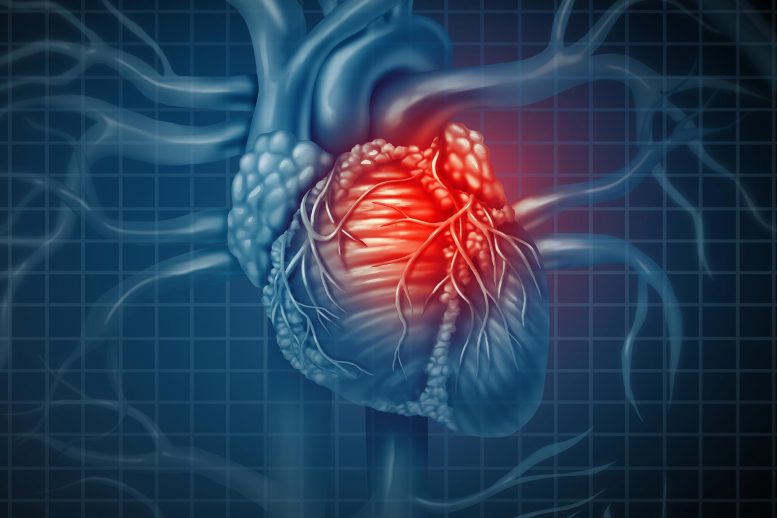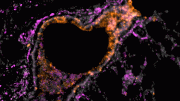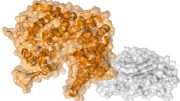
Recent research conducted by the German Center for Diabetes Research and associated institutions has identified novel protein biomarkers that predict the risk of developing coronary heart disease in individuals with and without type 2 diabetes. This breakthrough offers new insights into the disease’s mechanisms and potential avenues for prevention and treatment.
Coronary heart disease (CHD) stands as a significant health challenge worldwide, particularly for individuals with type 2 diabetes. Scientists from the German Center for Diabetes Research (DZD), Helmholtz Munich, and Ludwig-Maximilians-University Munich (LMU) have discovered new protein biomarkers linked to the onset of CHD in both diabetic and non-diabetic people.
The results have been published in Cardiovascular Diabetology.
The Significance of CHD and the Increased Risk in Diabetics
Coronary heart disease (CHD) is one of the most common causes of death worldwide—especially in Europe: Here, it is responsible for nearly half of all deaths. Among middle-aged adults, individuals with type 2 diabetes (T2D) have a two to four times higher risk of developing CHD than people without T2D.
The research team investigated the predictive performance of protein biomarkers on incident CHD in individuals with and without T2D.
Research Methodology and Findings
For their study, the researchers used data from Cooperative Health Research in the Region of Augsburg (KORA). The validation cohort included 888 participants from the KORA-Age1 study with 70 incident cases of CHD (19 vs. 51 cases in the group with T2D and without T2D, respectively) during 6.9 years of follow-up. They tested blood samples of the subjects for 233 plasma proteins related to cardiovascular disease and inflammation.
The researchers thus identified two proteins associated with incident CHD in individuals with diabetes and 29 proteins in those without baseline T2D. Six of these proteins are novel candidates for incident CHD.
The results of this study contribute significantly to a better understanding of the pathophysiology of CHD in T2D patients and offer potential new approaches to the prevention and treatment of this serious complication. They underscore the importance of further research in this area and the role of the German Center for Diabetes Research in resolving pressing issues related to diabetes and its complications.
Reference: “Association of plasma proteomics with incident coronary heart disease in individuals with and without type 2 diabetes: results from the population-based KORA study” by Hong Luo, Marie-Theres Huemer, Agnese Petrera, Stefanie M. Hauck, Wolfgang Rathmann, Christian Herder, Wolfgang Koenig, Annika Hoyer, Annette Peters and Barbara Thorand, 3 February 2024, Cardiovascular Diabetology.
DOI: 10.1186/s12933-024-02143-z









Be the first to comment on "New Potential Biomarkers of Coronary Heart Disease Discovered"